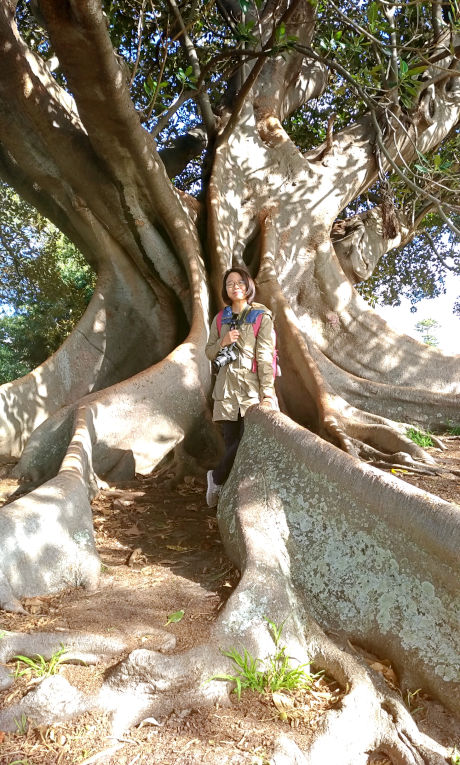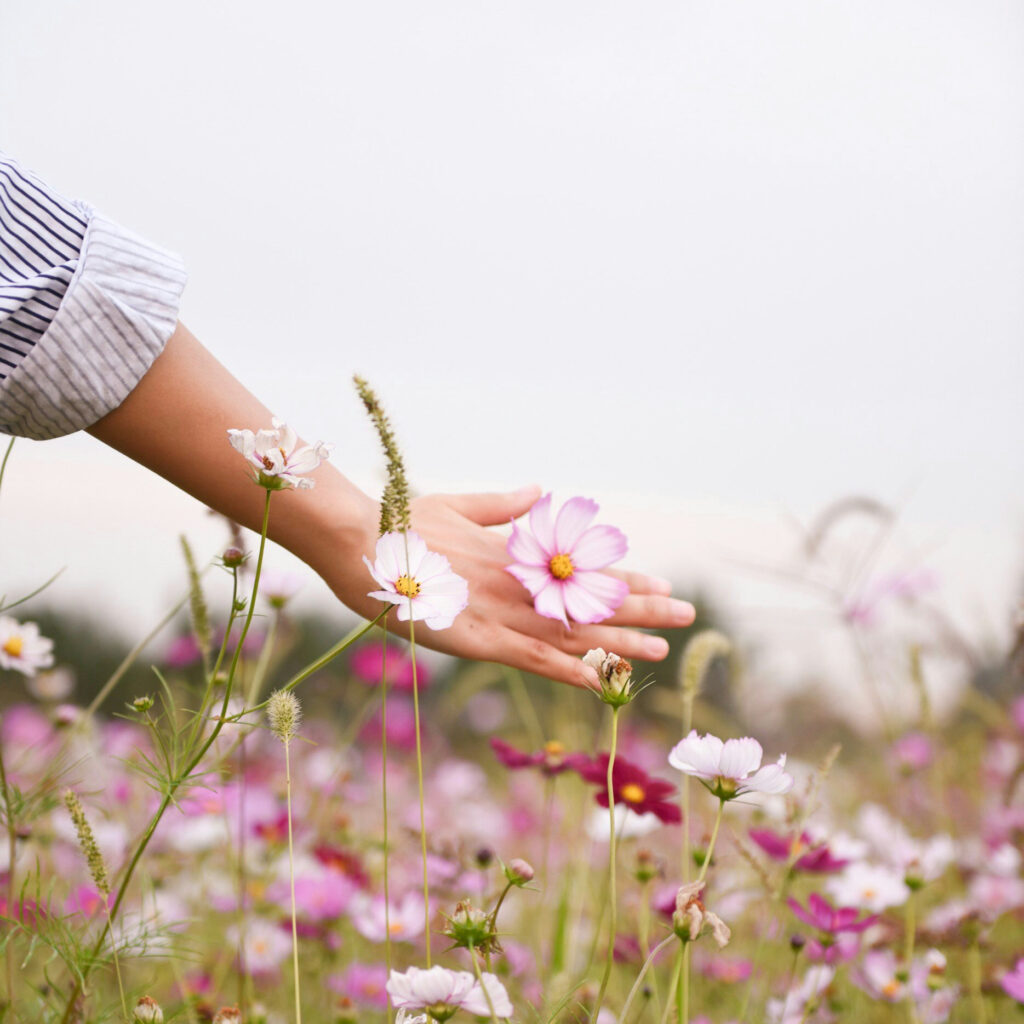My name is meaningless without a story but I am not meaningless without my name.
My name Van Thi traces a history of colonialism, diaspora, and marginalisation through its translation from Chinese to Vietnamese to English. But its origin story, its Chinese meaning as “rhyming poem,” is the one I resonate with and the one I share with collective humanity. I advocate for an eco-spiritual approach to social change because the roots to our social-ecological problems stem from our disconnect from nature, especially, our human nature. Since “eco” means home, eco-spiritual means finding our way home towards our spiritual belonging, purpose, and oneness with the world.

A story is only useful when we know it isn’t completely real
Our spiritual home can only be found internal to us and yet, our relationships in the social world depend on stories. These are the stories of our personal and collective histories, cultures, norms, and judgments. These stories give us our identities but are also what keeps us in repetitive patterns of pain. Stories are only useful in social change when we know that they are malleable because they are not Truth. I learned this lesson first hand in a spiritual initiation (i.e., existential crisis) that started in the 2nd year of my PhD studies. It was the first time I became aware of how much I had deprived myself of happiness because of internal beliefs of what I deserved in life.
From the outside, my story was one of a fairly “successful” person. I had been a top student all my life. I was regularly praised for my intelligence, talents, and work ethics. I worked as a landscape architect, a role I once envisioned as my dream career. Internally, however, I was consistently struggling to feel comfortable in my own skin. I yearned to be recognized for my sensitivity and my vulnerability but the fear of being seen was greater than my desire to be truly appreciated. Reality was that I didn’t know the difference between who I was and who others thought I should be. Neither did I fully appreciate the parts of myself that I wanted others to value.
I didn’t know that I was highly empathic (i.e., intuitively attuned to the energies and emotions of people around me), but like many other wounded empaths, I believed that the source of all that emotional baggage was my defectiveness. Through years of healing which involved many things ranging from psychotherapy, to energy healing, to mysticism, and career certifications, did I understand that my identity was entrenched in intergenerational and collective subconscious beliefs of oppression, shame, and not-belonging.
The only way for me to move through this chaos was to summon a power greater than the destructive forces of our social-psychological structure itself. So, I came to realise that the ultimate power to personal and collective healing is faith.

Life on Earth is relational but flourishing depends on individual sovereignty
My time as a PhD student taught me that knowing and flourishing cannot be achieved through proxy. To find my self-integrity, I needed to break free from the comfort zone of being invisible within the norms of institutionalized knowledge. I needed to turn knowledge into wisdom and value my own perspective of the world.
So, my story is just as important as the stories I hear from others, whether that be through my research or the simple process of living life. I am the piece of the puzzle that grounds my knowing and I am the authority of my own life’s flourishing.
We are not victims of our stories
Our stories are only valuable because we can re-construct them to change meanings in our lives. Let us make meaning to the lives behind our names through our stories and not because of them. We may not know where our stories will lead us until we’ve lived them out. This process of living out our stories and making value from them, in real-time, is how we nurture our life’s flourishing.
Transformation happens between the changing landscapes
I’m no longer a landscape architect, but landscapes are still my greatest spiritual teachers. Sometimes, I envision life as a long hiking trip on a diverse landscape. This sojourn is our temporary stay on Earth as human beings, but also our timeless engagement with the truth of our divinity. Each piece of landscape we encounter teaches us a lesson about duality. The space in-between is a liminal experience. Liminality exists between the past and the future without the identification to a certain story. This phase is uncomfortable, but also our greatest opportunity for healing and transformation.
Admitting to being wounded is an act of self-empowerment and a prerequisite for healing. Recognizing that these wounds are also collective and intergenerational makes room for compassion. If we live mindfully, every moment of life is an opportunity to heal, not only for ourselves, but also for the collective.

The Story of A Flourishing Commons
If my name carries the story of my individual identity in this world, then A Flourishing Commons is the story of my shared existence in the collective consciousness. This story involves our tragic separation from nature and our commitment to find our way back to oneness through a continuous learning process of self-love.
Just like the Greek classics, our Tragedy starts with a self-fulfilling prophecy, in this case about our unworthiness to exist on Earth. Like the Hero’s Journey, we learn to navigate the temptations and storms of our oppressive psychological and institutional structures. While A Flourishing Commons is our destination, the story has yet to reach an ending.
I invite you to claim your participation in the building of our Flourishing Commons.